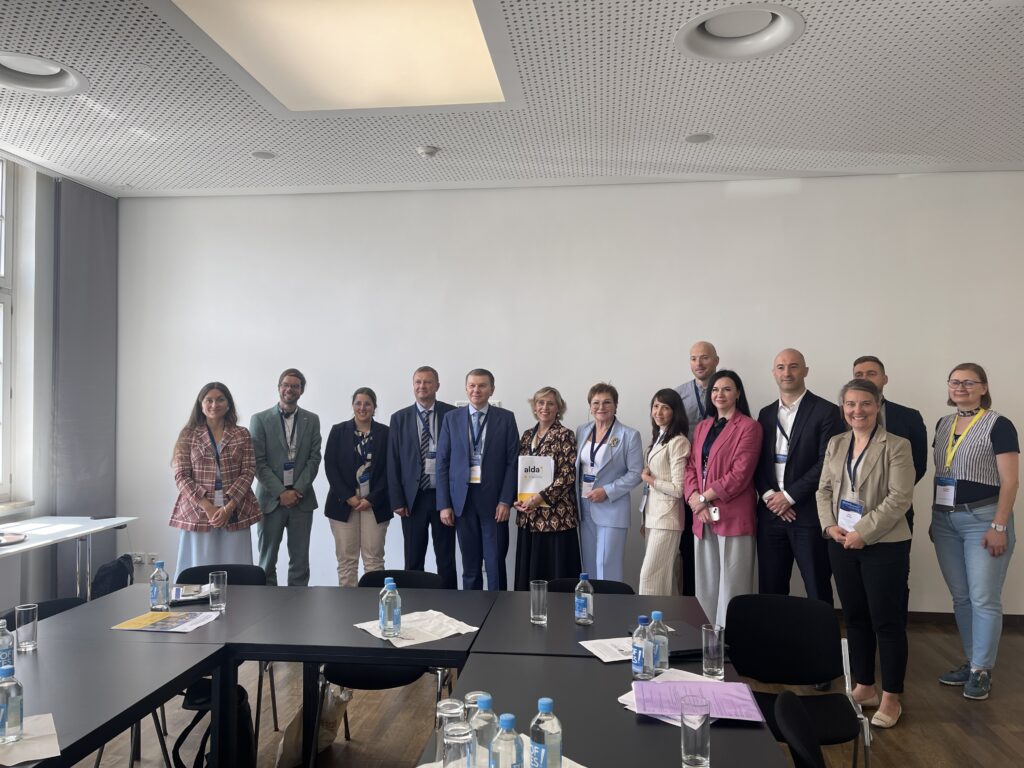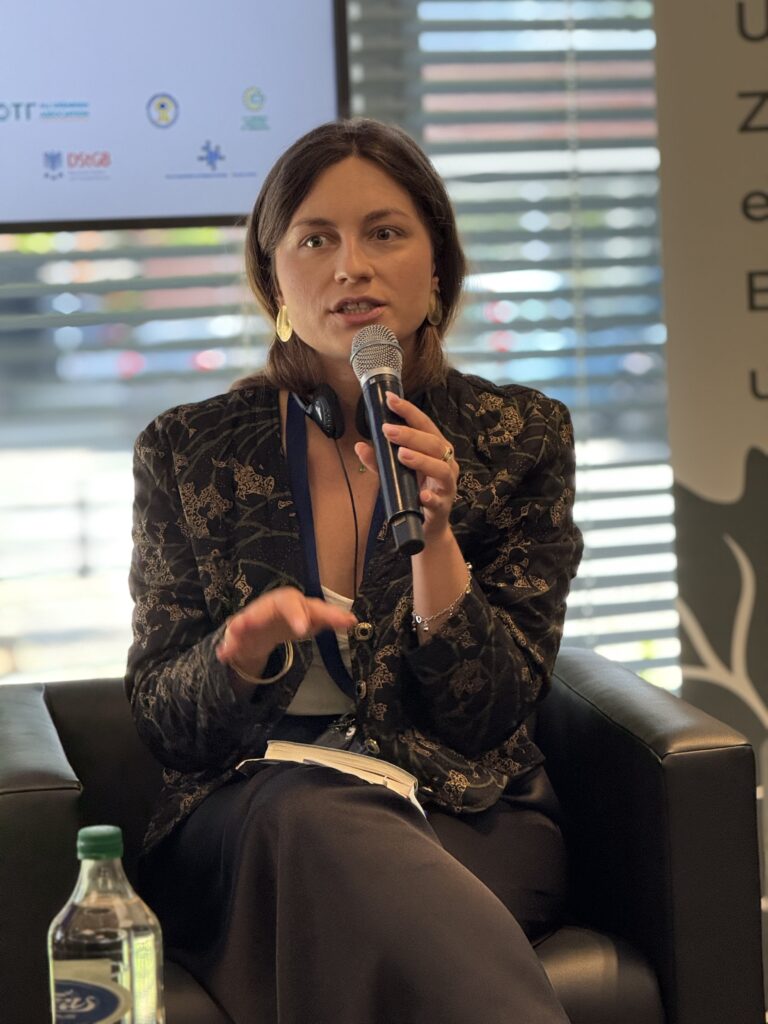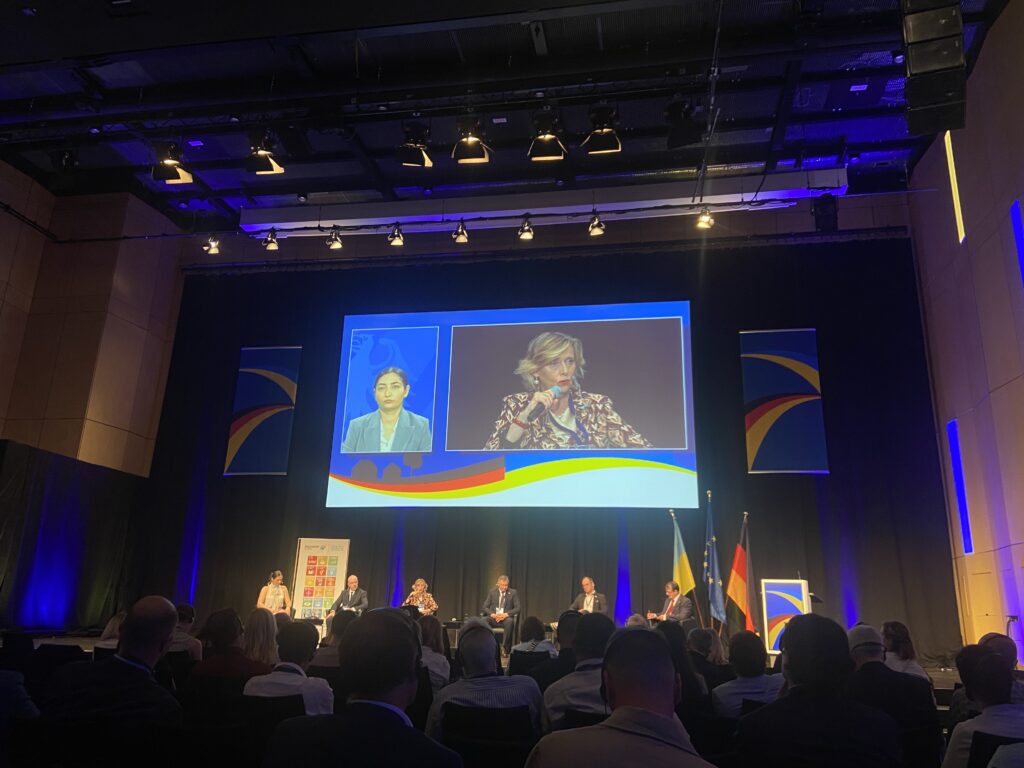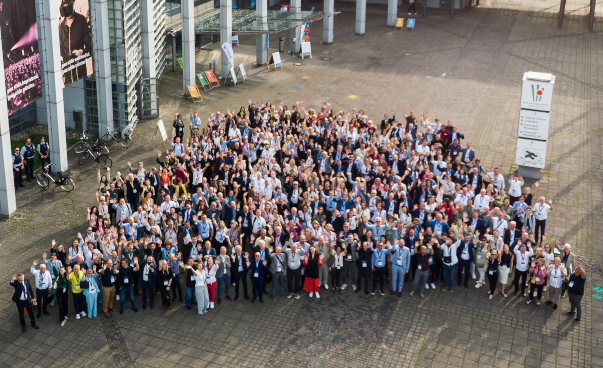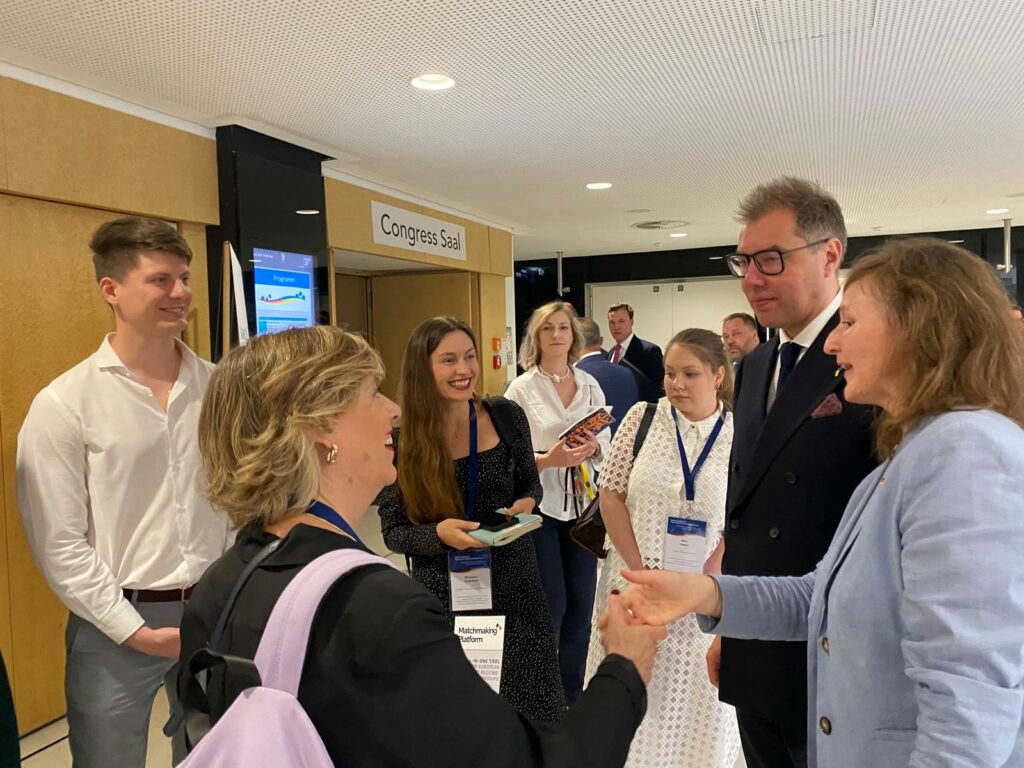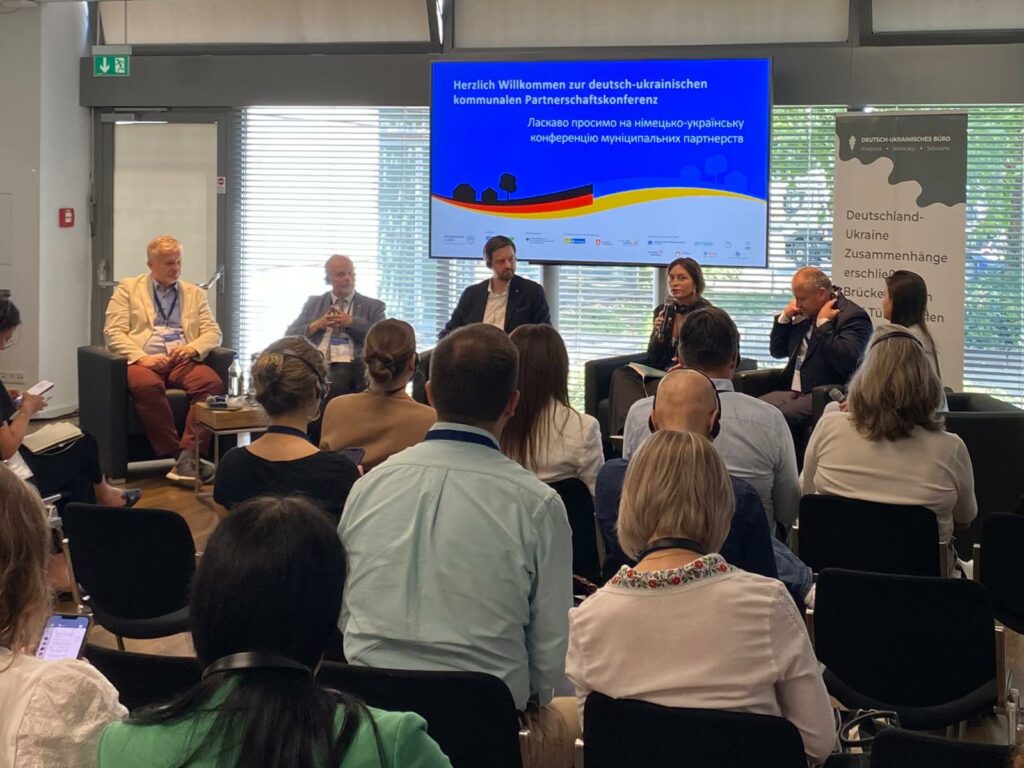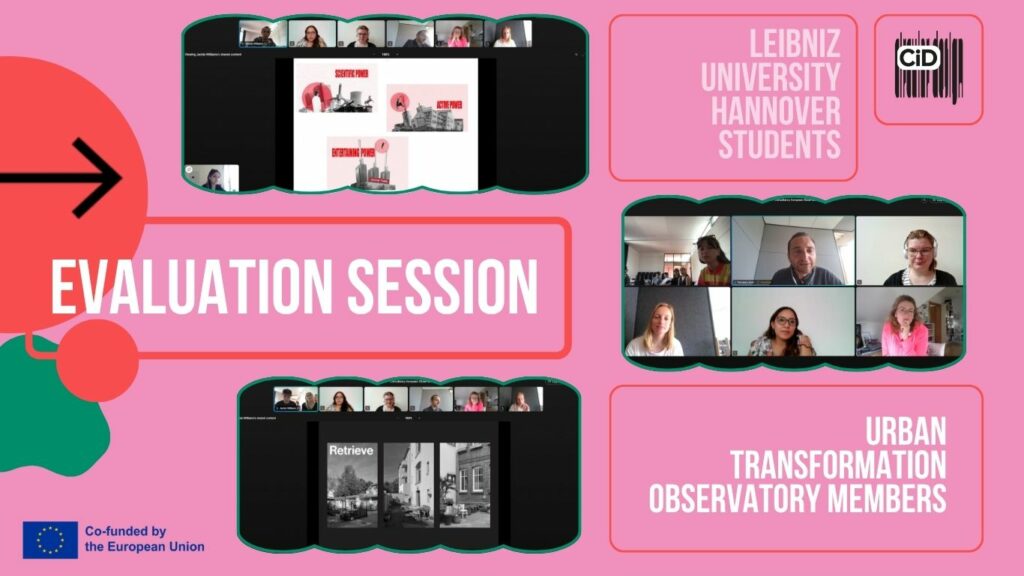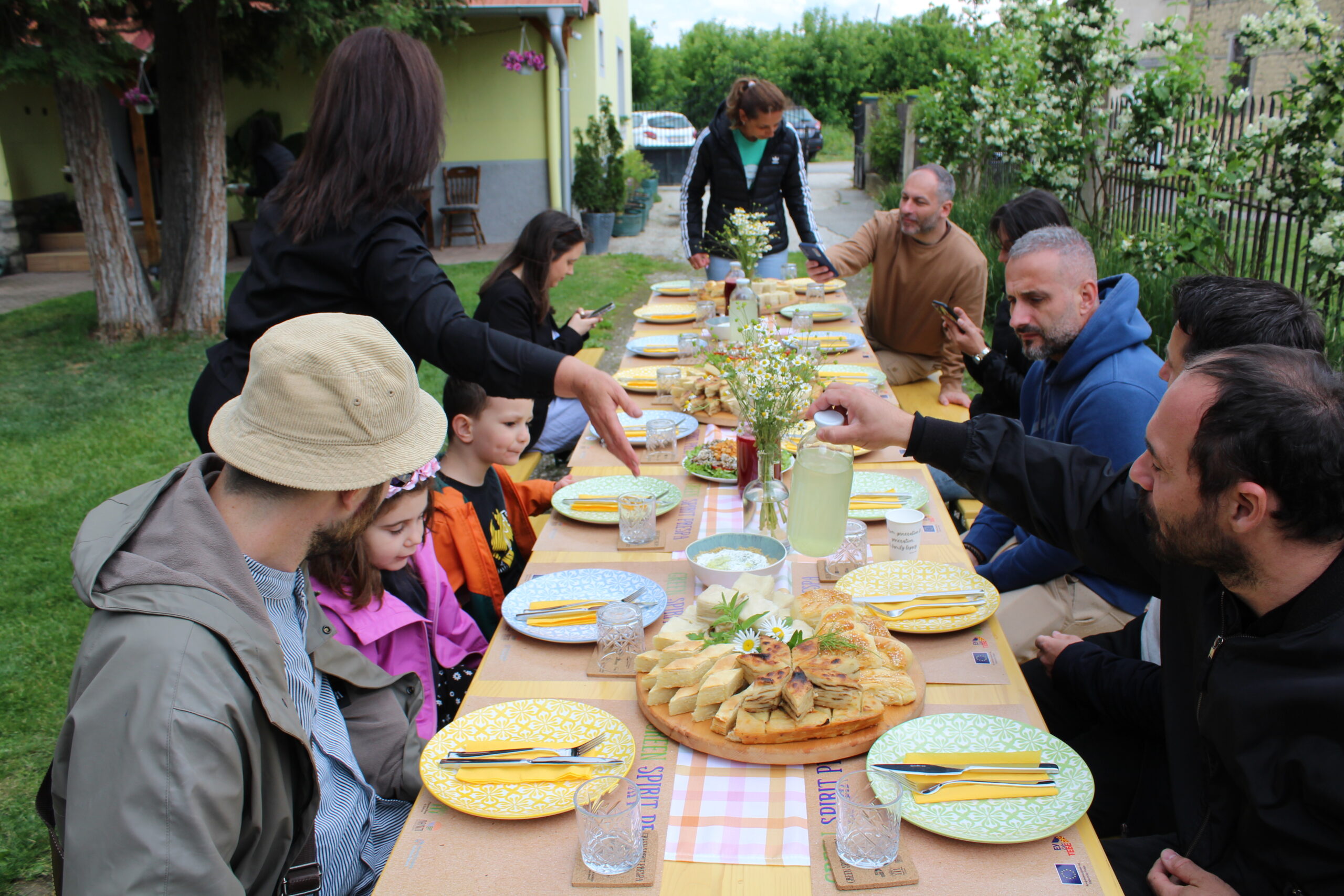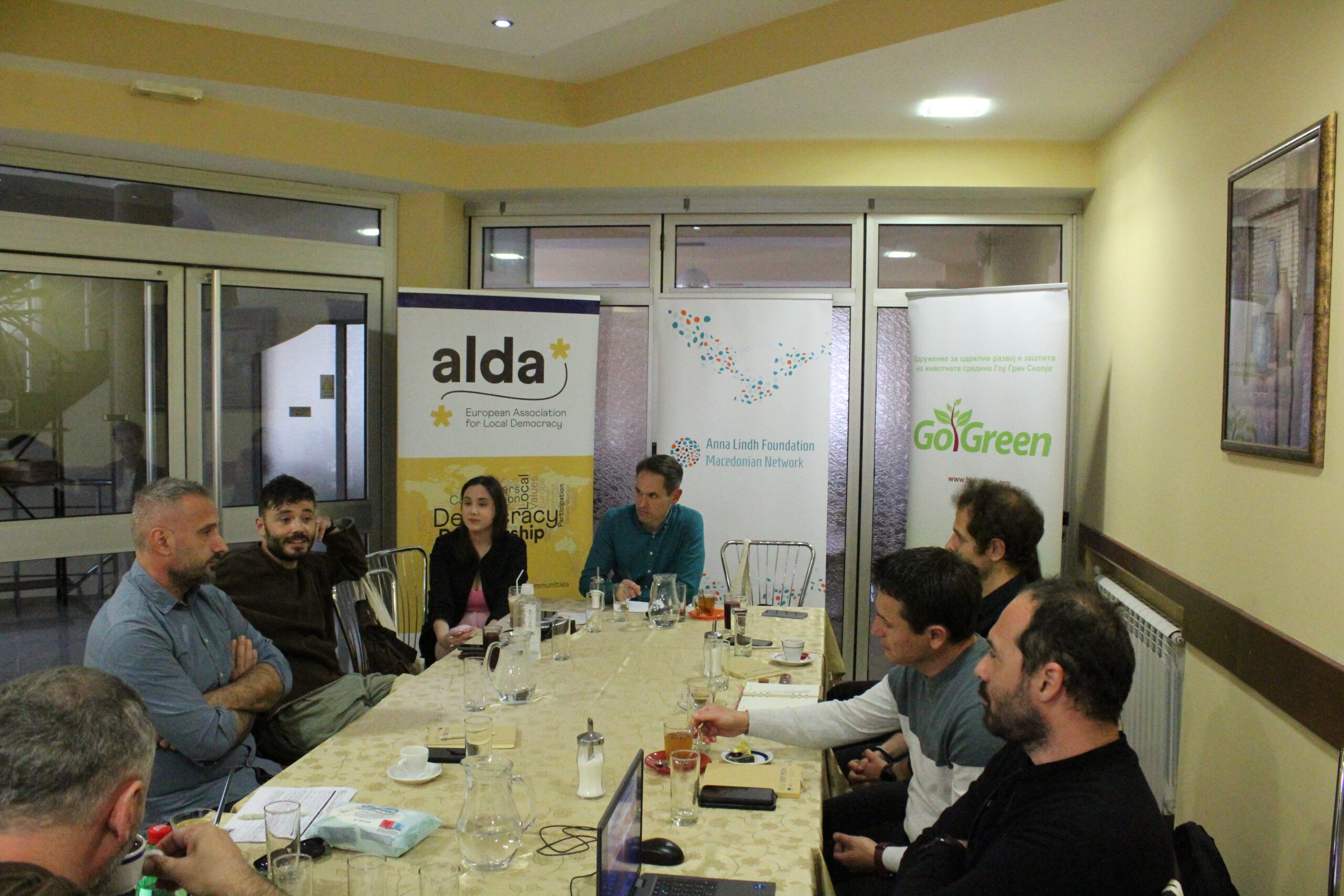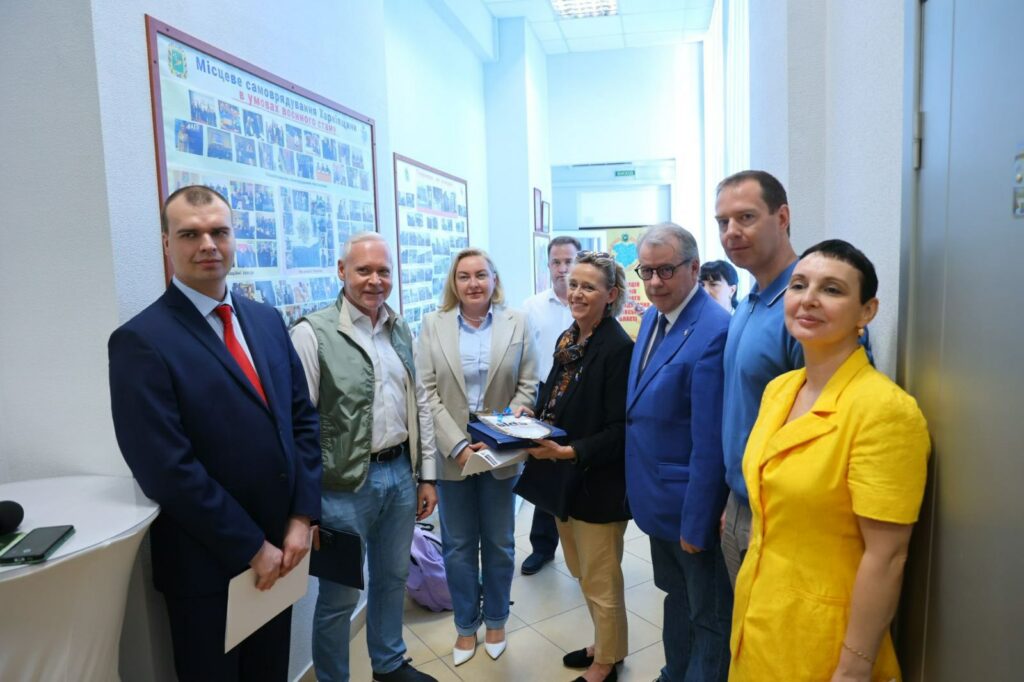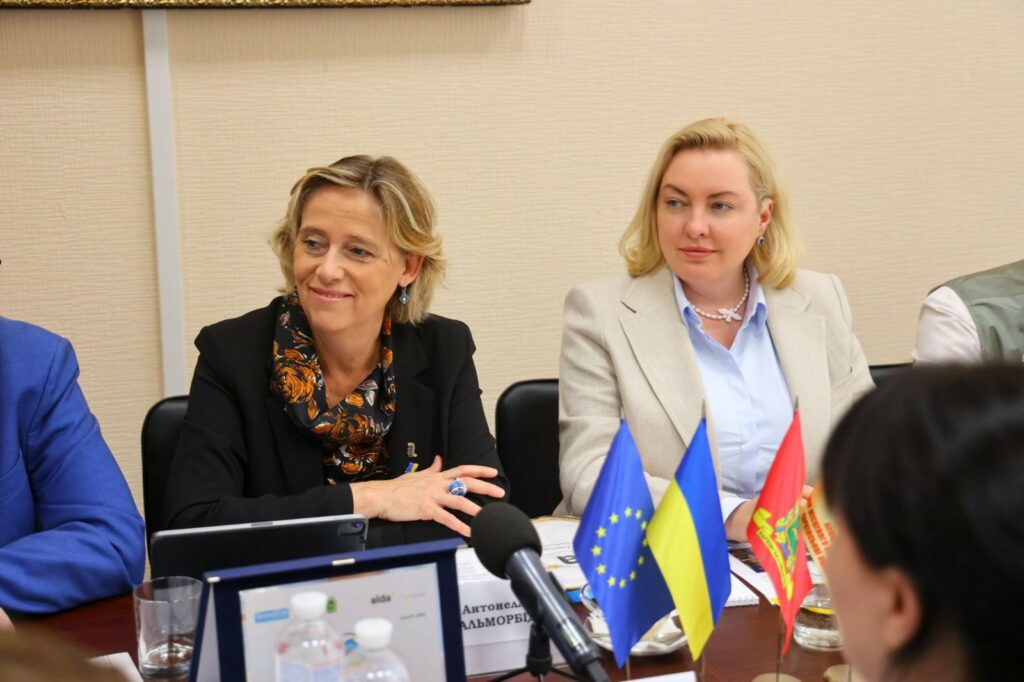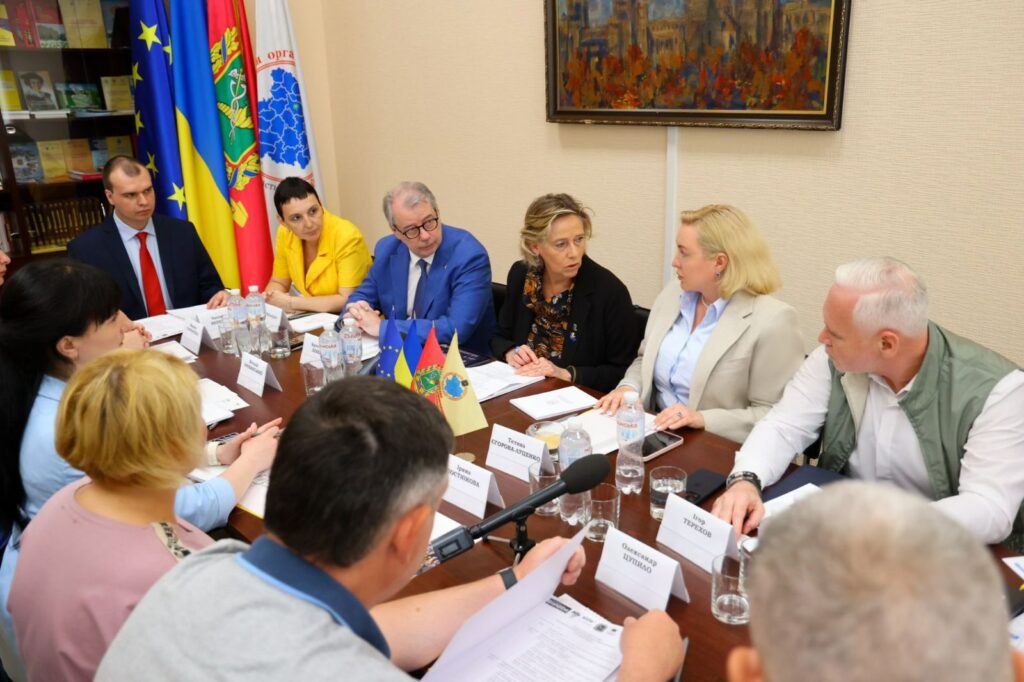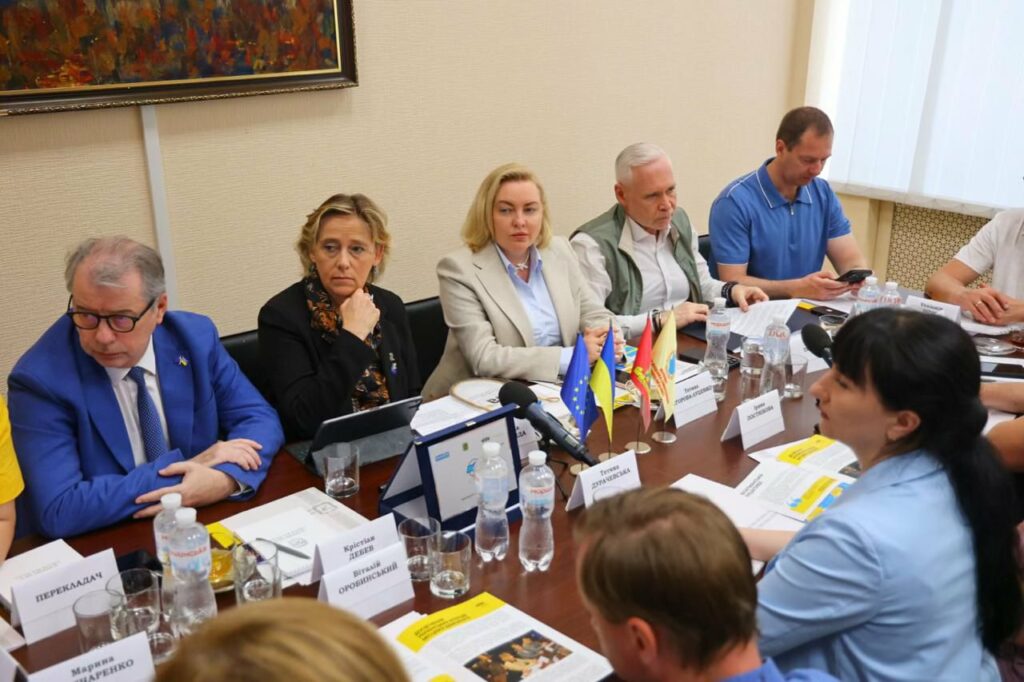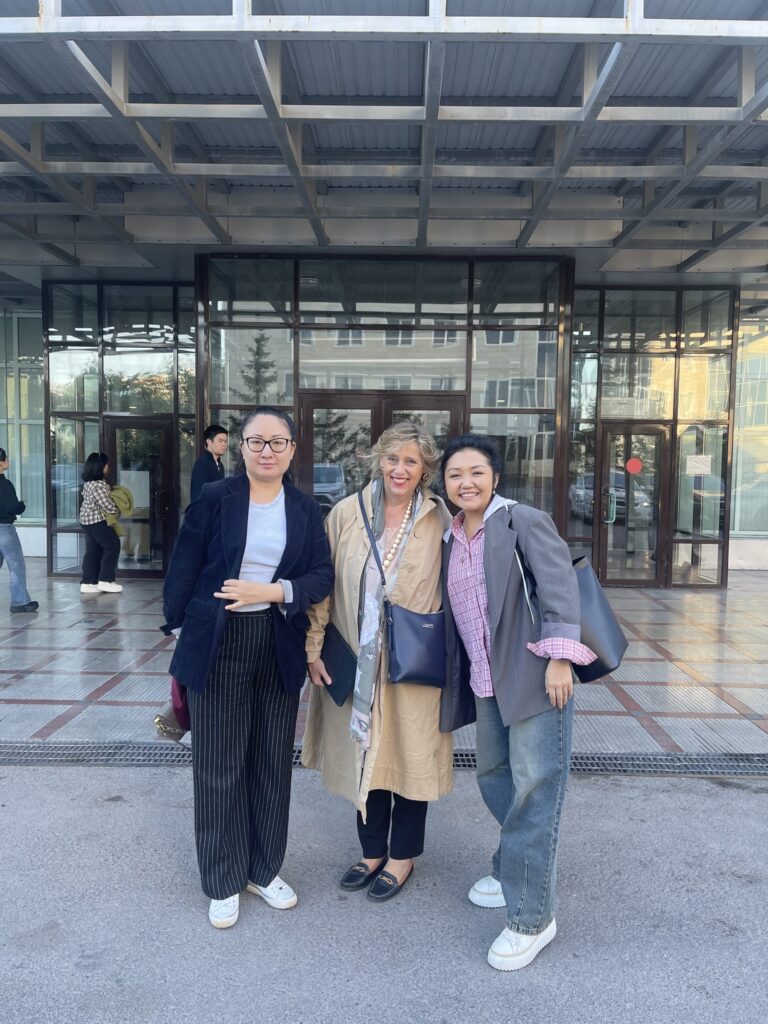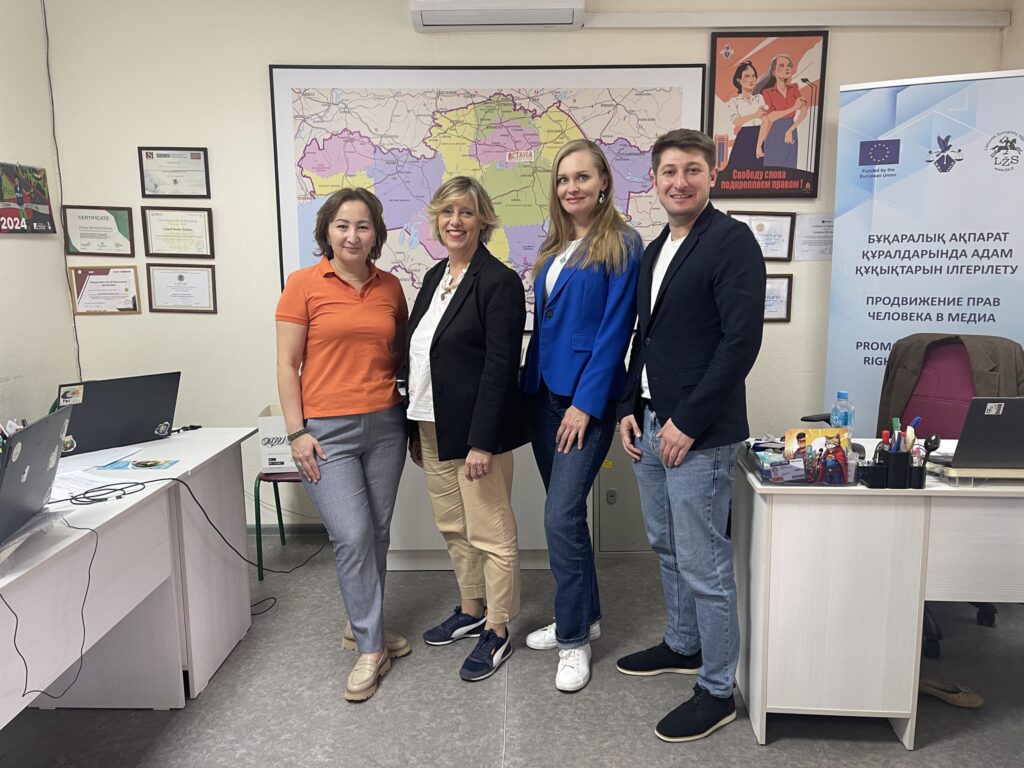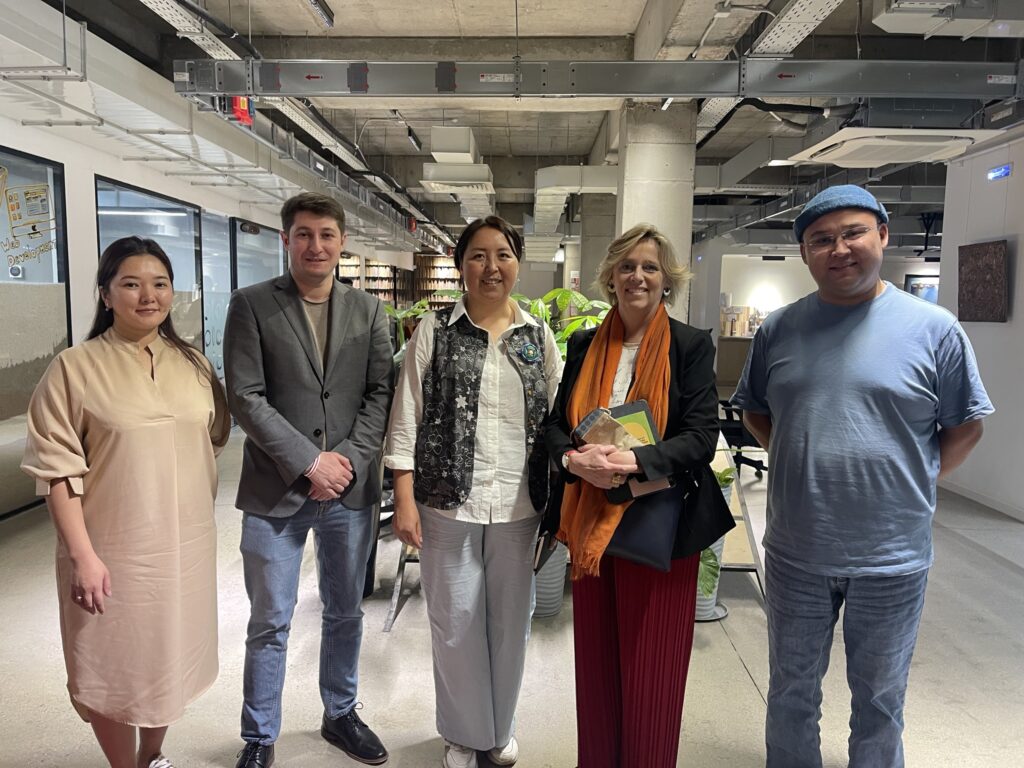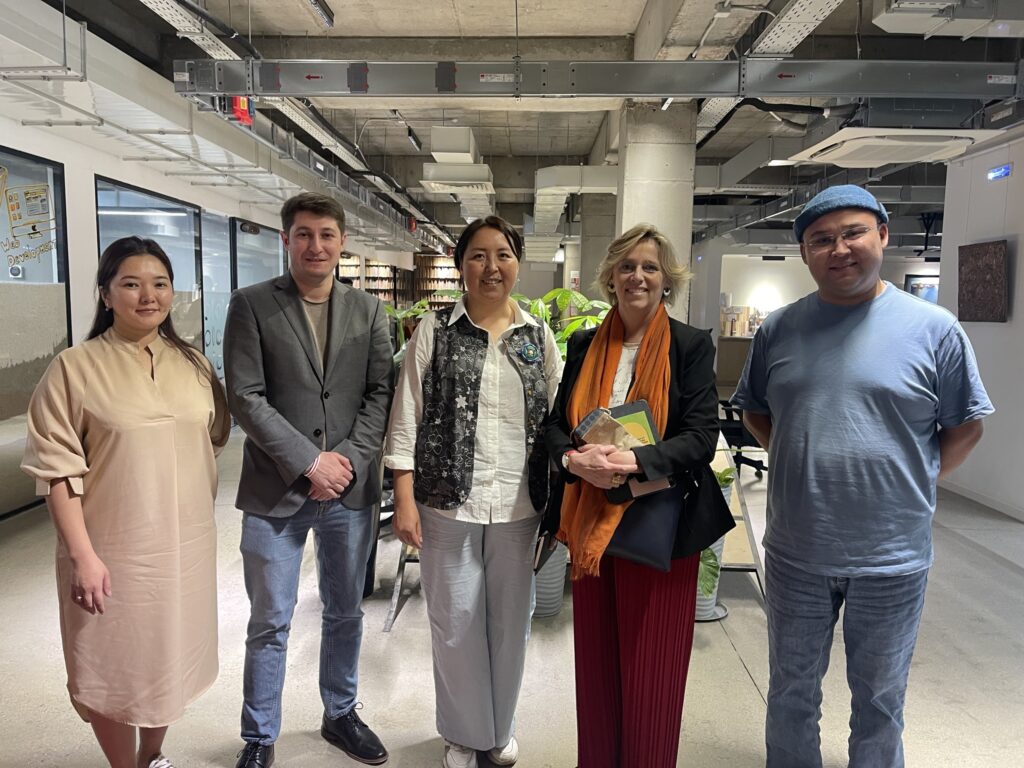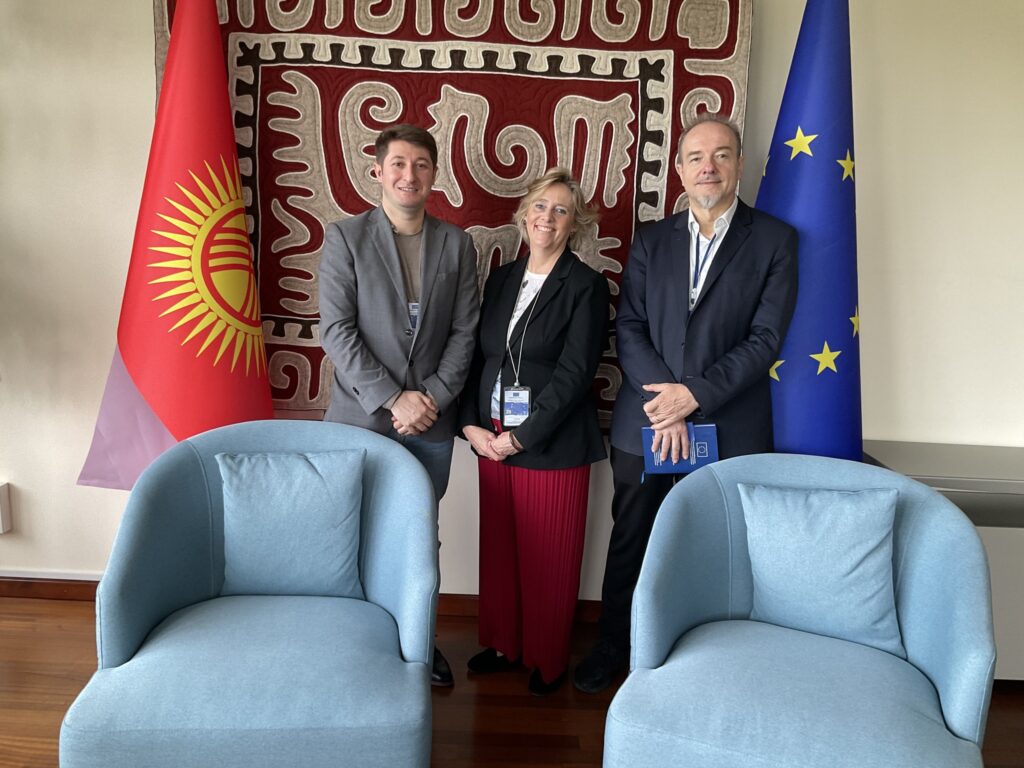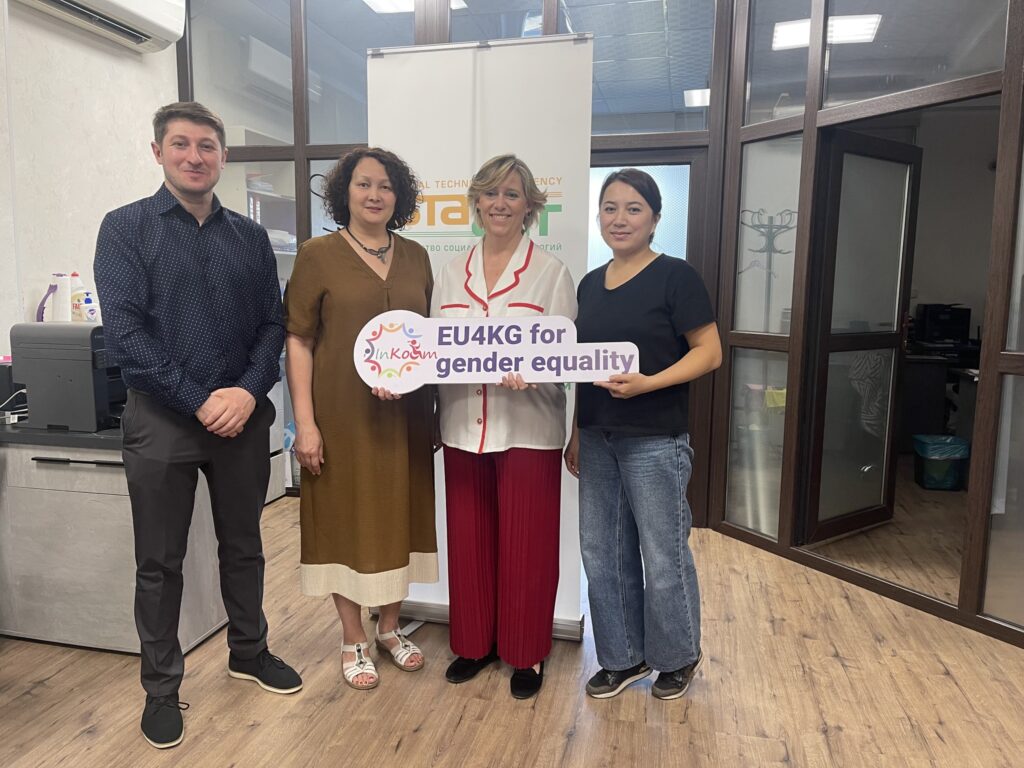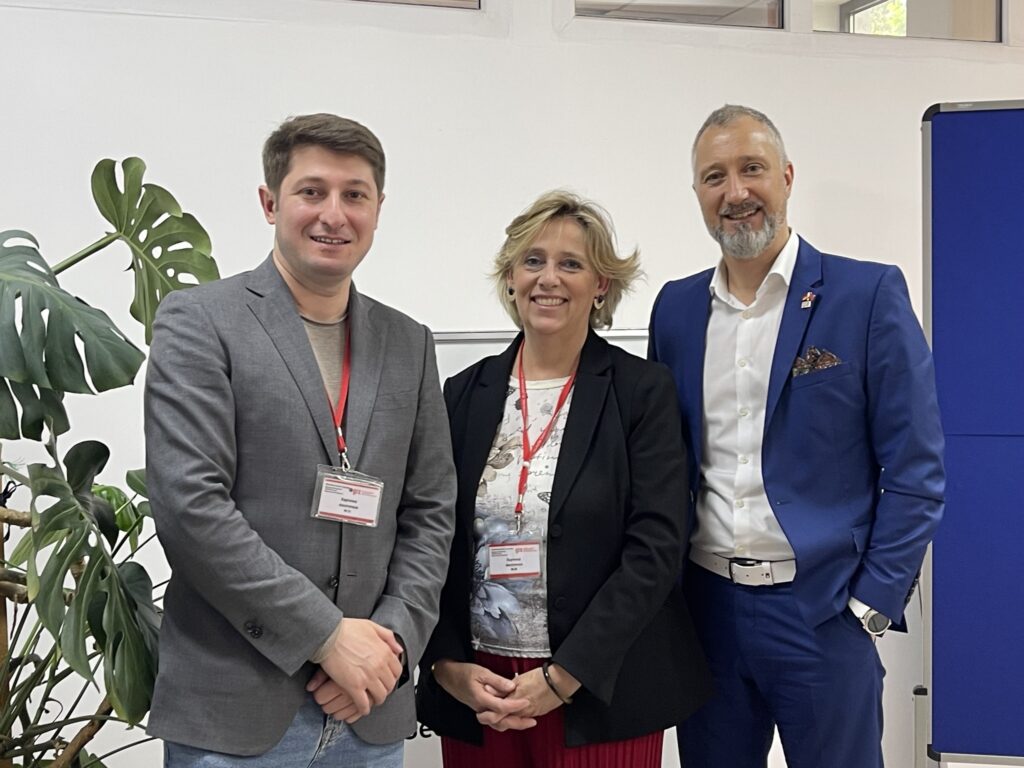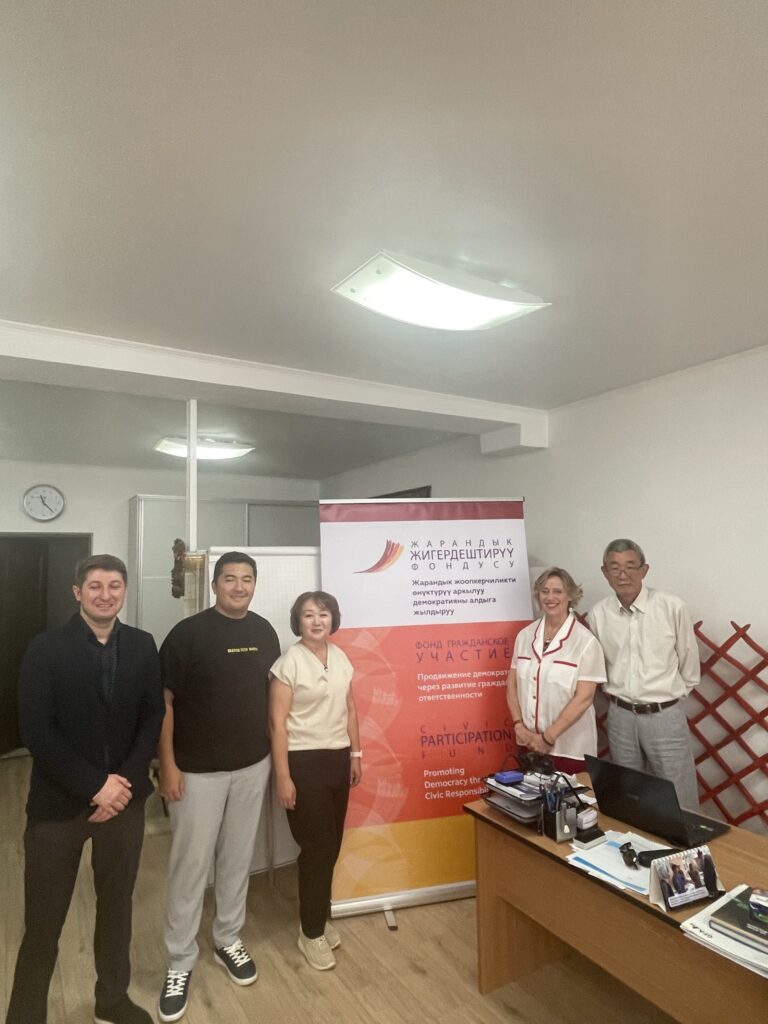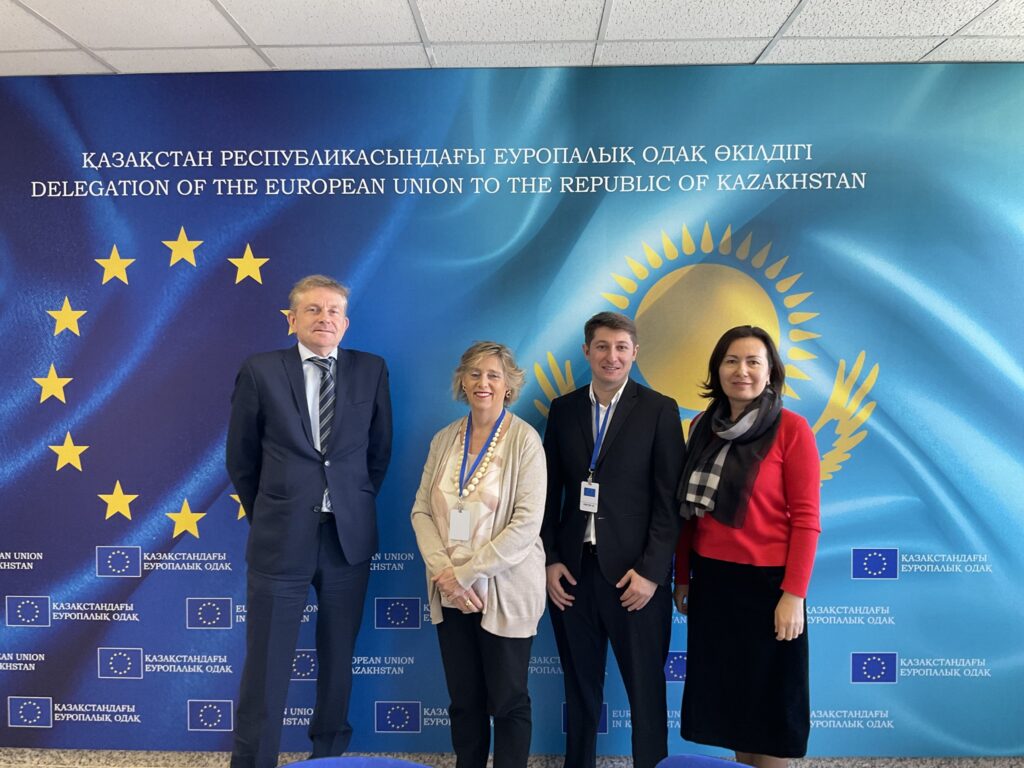From 10 to 11 July 2025, ALDA – the European Association for Local Democracy – will take part in the Ukraine Recovery Conference (URC 2025) in Rome, reaffirming its long-standing commitment to Ukraine’s recovery and European integration.
This year’s URC, co-hosted by the Government of Italy and the Government of Ukraine, brings together national and local leaders, international organisations, civil society, and the private sector to accelerate Ukraine’s recovery in the midst of ongoing war and crisis. The conference focuses on key areas such as infrastructure, governance, digital transformation, the rule of law, human capital, environmental sustainability, and the fight against corruption.
ALDA’s presence at URC 2025 represents the voice of local authorities and civil society working in solidarity with Ukraine. Throughout the conference, the ALDA delegation will contribute to high-level discussions, strengthen existing partnerships, and facilitate new collaborations in support of decentralised cooperation and democratic resilience.
📍 Key moments of ALDA’s participation include:
- On 10 July, ALDA will host a short members’ gathering at the venue, reinforcing community ties during this important international event.
- On 11 July, Antonella Valmorbida, ALDA Secretary General, will moderate Panel 3.5 on “United Communities and Regions: Effective Governance for Ukraine’s Recovery”, a session highlighting the role of decentralisation, local democracy, and good governance in Ukraine’s future.
- ALDA is also contributing to several side events taking place within this high-level event.
ALDA will also sign a Memorandum of Understanding with the City Council of Mariupol, reinforcing its commitment to local recovery and democratic governance in areas most affected by the war. The signing will take place following Panel 3.5.
Finally, ALDA will conclude its week in Rome with its annual General Assembly, to be held on 12 July at the Ufficio di Esperienza Europa – David Sassoli. The Assembly will serve as a moment of reflection, accountability, and strategic alignment among ALDA members – many of whom are directly involved in Ukraine’s recovery efforts. Waiting for alla ALDA Members there or people upon invitation.
As ALDA continues to work alongside its 18 Local Democracy Agencies, partners, and institutions, its active participation in URC 2025 marks another step in reaffirming that local democracy is a pillar of sustainable recovery and peace.🔗 Learn more about URC 2025: https://www.urc-international.com/urc25

